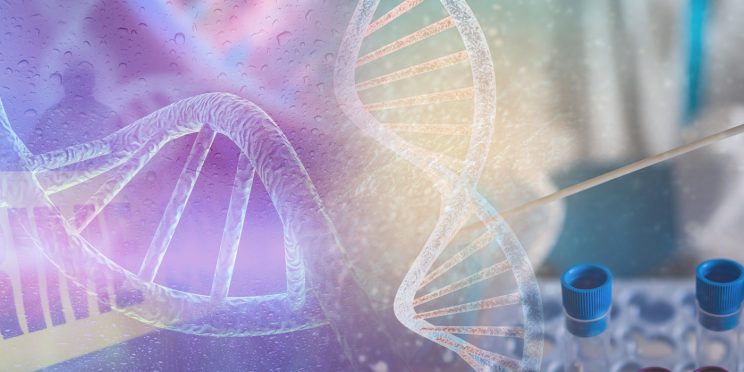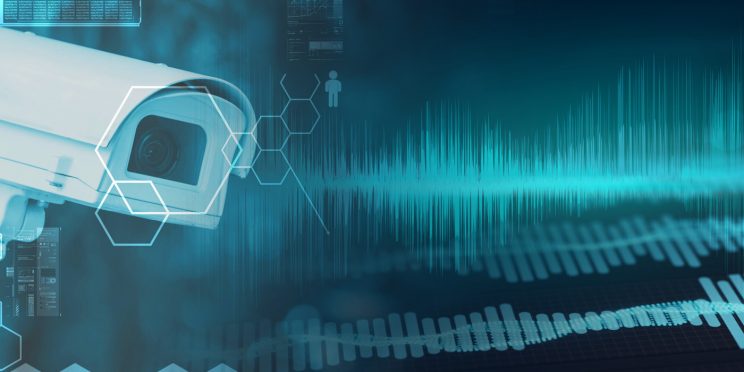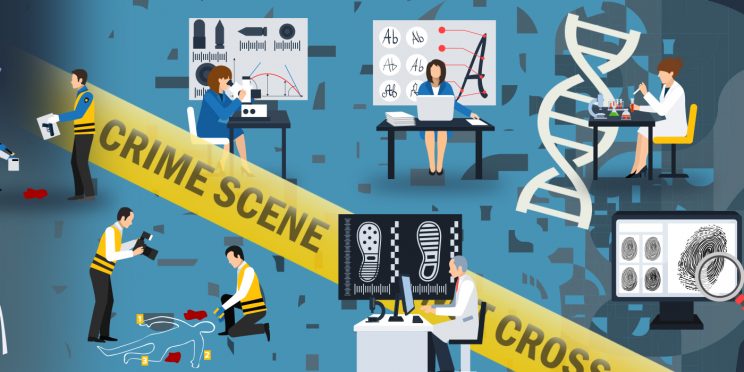Original Release Date: November 20, 2020
In episode three of the 2020 Case Studies Season, Just Science sat down with Heather Conner, Latent Print Unit Technical Leader in Mesa Police Department’s Forensic Services, about the investigation of a grisly murder in Arizona.
In June of 2008, Travis Alexander was found dead in the bathroom of his home. His killer, ex-girlfriend Jodi Arias, was found guilty of first-degree murder and sentenced to life in prison. Heather Conner and her team used a variety of forensic disciplines to piece together the crime scene and affirm the conviction. Listen along as she discusses her journey in forensics, the investigation of the murder of Travis Alexander, and the importance of a multidisciplinary approach to crime scene analysis in this episode of Just Science.
This episode of Just Science is funded by the National Institute of Justice’s Forensic Technology Center of Excellence [Award 2016-MU-BX-K110].
View or download the episode transcript here:
Transcript
Guest Biography
Heather Conner is a Forensic Scientist Technical Leader with the Latent Print Unit of the Mesa Police Department Forensic Services. She is a certified latent print examiner and a certified crime scene investigator through the International Association for Identification (IAI).
Heather has been with the Mesa Police Department since 2004, previously holding the positions of Crime Scene Technician and Forensic Services Laboratory Technician prior to joining the Latent Print Unit in 2005. She is currently an International Association for Identification (IAI) member, a member of the IAI Latent Print Identification Science and Practice Subcommittee, and serves as the Secretary for the Arizona Identification Council, the state division of the IAI.
Heather received a Bachelor of Science in Biochemistry from Arizona State University, a Bachelor of Science in Anthropology and Journalism from the University of La Verne, and an Associate of Science in Forensic Technology from Grossmont College.
The opinions, findings, and conclusions or recommendations expressed in this podcast episode are those of the presenter(s) and do not necessarily reflect those of the U.S. Department of Justice.
Contact us at ForensicCOE@rti.org with any questions and subscribe to our newsletter for notifications.




